The Future of Education: How Online Teaching Platforms in India Are Transforming Learning
4 Min July 29, 2025

A few years ago, online education in India was a niche concept—today, it’s a major force reshaping how millions learn. The pandemic accelerated this change, but innovation is what keeps it moving forward.
- 700M +
- Internet Users
- Rural+
- Smartphone Adoption
- Growing
- EdTech Sector
The Digital Shift in Indian Education
India's move from chalkboards to cloud-based learning was fast but natural, thanks to a perfect storm of technological advancement and necessity.
Key Drivers:
- 700+ million internet users
- Rising smartphone adoption, even in rural areas
- A booming edtech sector with platforms like Ctutor, BYJU’S, and Diksha
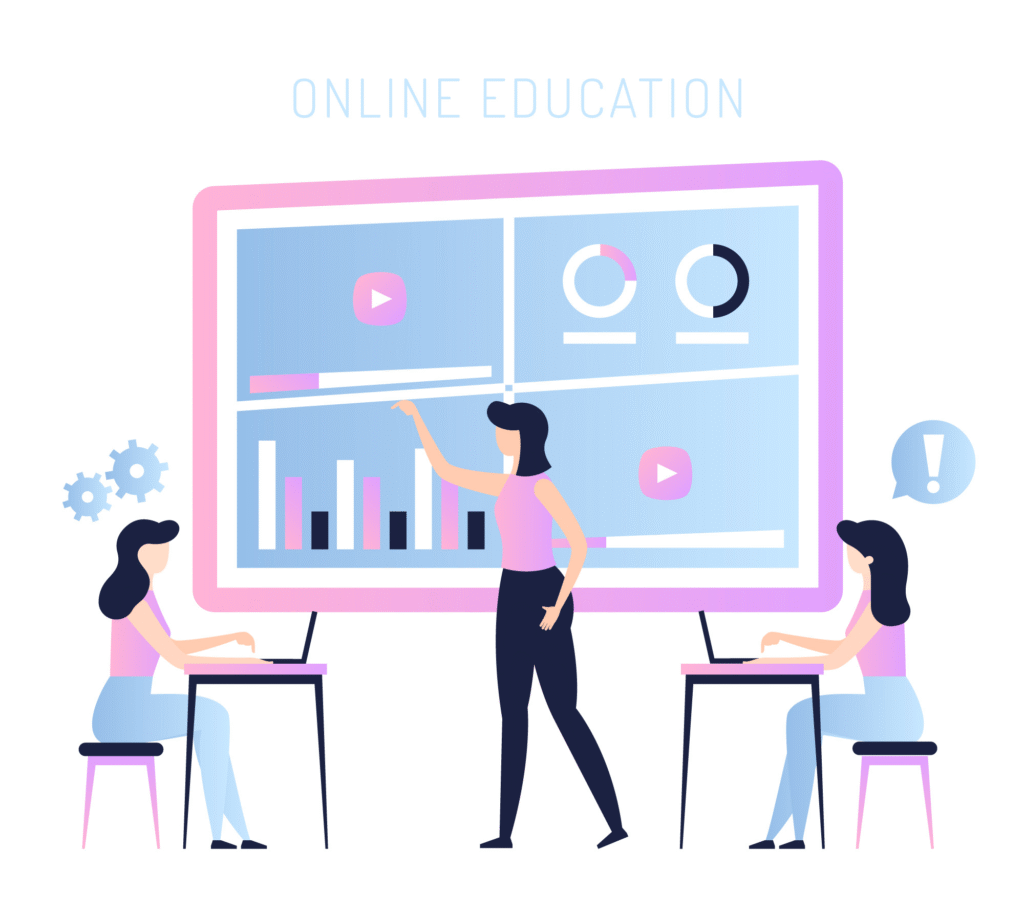
“It’s no longer about replacing classrooms —it’s about enhancing them.”
This transformation enables:
- Remote learning from anywhere
- Flexible, scalable teaching models
- Modular and microlearning options
- Teacher empowerment through better tools
Why Online Teaching Platforms Are Here to Stay
The growth isn't temporary. These platforms offer fundamental advantages that traditional education struggles to match:

Affordability
No physical infrastructure needed

Scalability
Reach hundreds of students nationwide

Flexibility
Learn anytime, anywhere, at your own pace

Convenience
No commuting or rigid schedules

Data Insights
Track performance and personalize learning
As hybrid learning becomes standard, the role of online platforms will only expand.
Tech Driving the Future of Learning
Next-generation platforms are powered by cutting-edge technologies that make learning more engaging and effective:

Artificial Intelligence
Personalized lessons, automated grading, and instant doubt-solving

VR & AR
Immersive labs and interactive environments

Adaptive Learning
Adjusts difficulty based on student performance


Gamification
Badges, leaderboards, and rewards

Integrated LMS
Notes, assignments, assessments, and feedback in one place
Platforms like Ctutor combine these technologies to make classes engaging, interactive, and more effective than traditional methods.
Personalized Learning for Every Student
One-size-fits-all education no longer works in our diverse learning landscape. Modern platforms can:
- Recommend content based on past performance
- Track progress in real time
- Create custom learning paths
- Offer instant feedback through interactive assessments
This ensures stronger engagement and better retention compared to traditional models.
Empowering Educators Nationwide
Online platforms don't just serve students—they revolutionize how teachers work and grow their careers:
Breaking Barriers in Rural India
Mobile-first and offline-access platforms are democratizing education access:
Students in Tier 3 and 4 cities can access quality lessons
Recorded classes reduce dependency on high-speed internet
Regional language content widens accessibility
Government-backed initiatives like Diksha further bridge the learning gap
Government and Private Sector Push
The National Education Policy (NEP) 2020 has boosted online learning. Initiatives like SWAYAM, eVidya, and public-private partnerships are making digital education mainstream. Startups are working with schools and independent tutors to expand access nationwide.
Lifelong and Skill-Based Learning
These platforms aren't just for school students—they're creating opportunities for everyone:

Technical Skills
Coding, design, and business courses

Soft Skills
Language and communication training

Certifications
Professional programs and re-skilling
Learning is now for everyone—from children to senior citizens.
The Hybrid Future
The coming years will blend physical and digital education through innovative approaches:

Flipped Classrooms
Study theory online, practice offline

Digital Assessments
Online homework and testing

Virtual Meetings
Online parent-teacher conferences

Smart Dashboards
Comprehensive monitoring systems
The Future is Here
Online teaching platforms in India are not just changing how we learn—they’re redefining what’s possible in education. The future belongs to those who embrace this digital transformation.
Expert Tutors Making a Difference

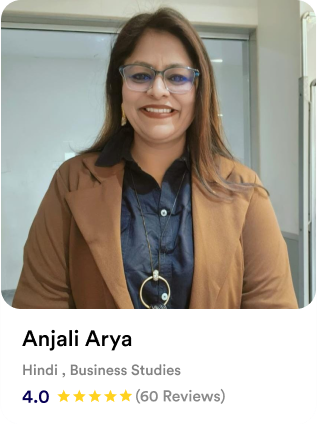
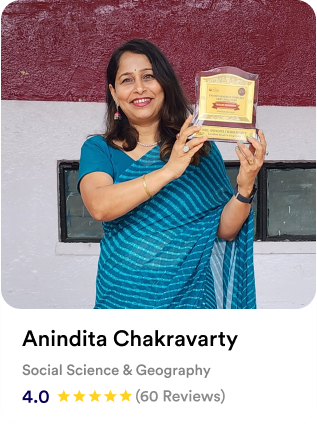


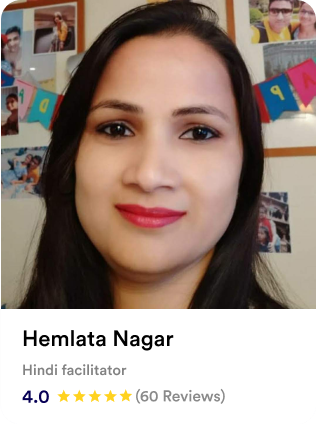


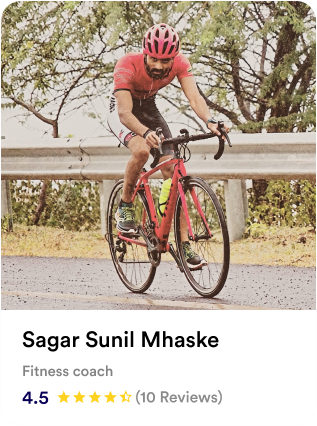


FAQs: Online Teaching Platforms in India
Yes—especially when combined with structured curriculum, live sessions, and parental involvement.
Absolutely—many run thriving teaching businesses through platforms like Ctutor.
Yes—with mobile-first platforms and offline lessons, accessibility has greatly improved.

Bridging knowledge, where students and tutors connect
DISCOVER
- Our Tutors
- How it Work
- About Us
- Blog
- LMS
CONTACT
- Wakad, Pune Maharashtra
- info@britixacademy.com
- +91-9225585959

